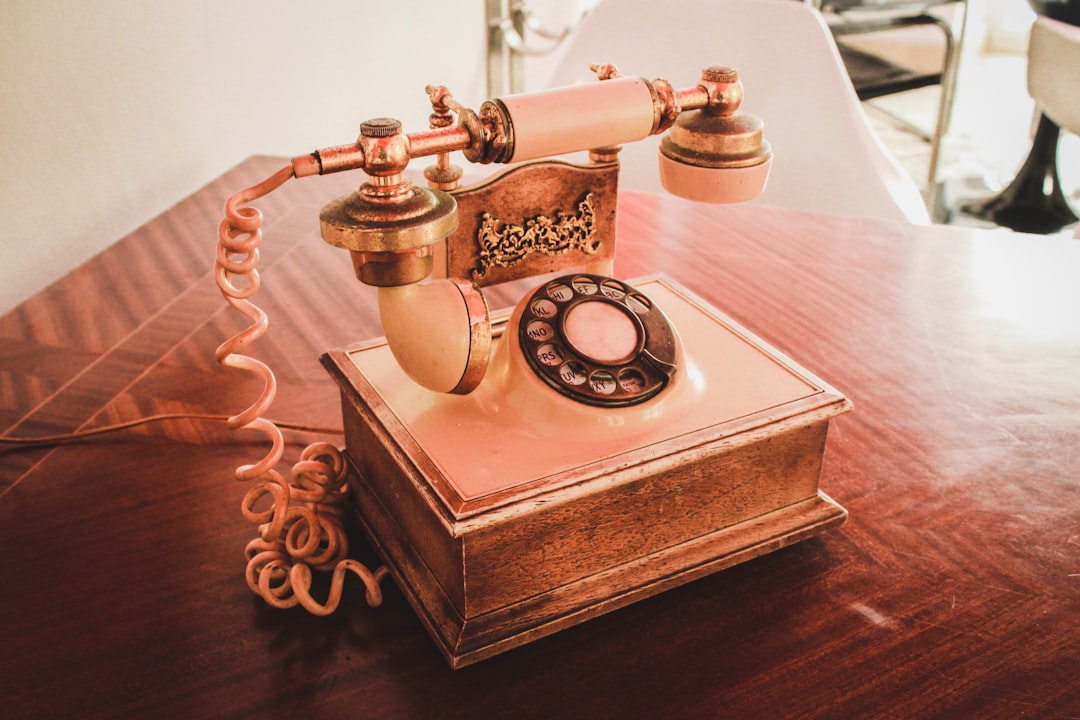Non-profit organizations in Ohio and Philadelphia must adhere to strict Do Not Call regulations to protect residents from unwanted solicitations. Partnering with Do Not Call Lawyers Ohio ensures compliance, fosters donor trust, and respects privacy preferences, allowing charities to maintain ethical fundraising practices.
“Non-profit organizations play a vital role in shaping communities, but their fundraising efforts can sometimes face legal hurdles. In Ohio, understanding and adhering to ‘Do Not Call’ regulations is essential for charities to maintain ethical practices and respect donor privacy. This article guides you through the legal requirements for charity calls, focusing on strategies to protect donors while ensuring compliance with Do Not Call laws in Ohio. Seek expert advice from experienced Do Not Call Lawyers Ohio to navigate this intricate landscape.”
Understanding Non-Profit Do Not Call Laws in Ohio

In Ohio, non-profit organizations operate under specific legal frameworks regarding telemarketing and donor privacy, including do not call regulations. These laws are designed to protect residents from unwanted phone solicitations while ensuring ethical fundraising practices for charitable entities. Non-profits must adhere to the state’s Do Not Call (DNC) list, which allows individuals to opt-out of receiving calls from specific organizations.
Understanding and complying with these rules is crucial for non-profit organizations aiming to operate within Ohio’s legal boundaries. Engaging Do Not Call Lawyers Ohio can provide expertise in navigating these regulations, ensuring that charitable initiatives respect donor preferences and stay compliant with state laws, fostering a positive relationship between the organization and its supporters.
Navigating Legal Requirements for Charity Calls

Navigating the legal requirements for charity calls can be a complex task, especially for non-profit organizations aiming to expand their reach in new markets, like Philadelphia. With strict Do Not Call regulations in place, charities must exercise caution to avoid unintended consequences. Engaging with potential donors requires a deep understanding of local laws and compliance measures.
In Ohio, for instance, where many non-profits are based, seeking advice from experienced Do Not Call lawyers is crucial. These legal experts can guide organizations on permitted communication methods, opt-in procedures, and the importance of maintaining accurate donor records. Staying within these guidelines ensures that charity calls remain effective while respecting individual privacy rights.
Protecting Donors: The Role of Do Not Call Regs

Non-profit organizations play a vital role in communities across Philadelphia, offering essential services and support to those in need. However, their fundraising efforts can sometimes be hindered by donor fatigue and privacy concerns. This is where Do Not Call regulations come into play, specifically designed to protect individuals from unwanted solicitation while ensuring that legitimate charities can continue their crucial work.
In Ohio, Do Not Call lawyers specialize in navigating these regulations, helping non-profits strike a balance between fundraising and respecting donor preferences. These laws allow individuals to register their phone numbers to opt-out of telemarketing calls, including those from charitable organizations. By complying with these regulations, non-profits can foster trust with potential donors, demonstrating their commitment to ethical practices and protecting the privacy rights of their supporters.






